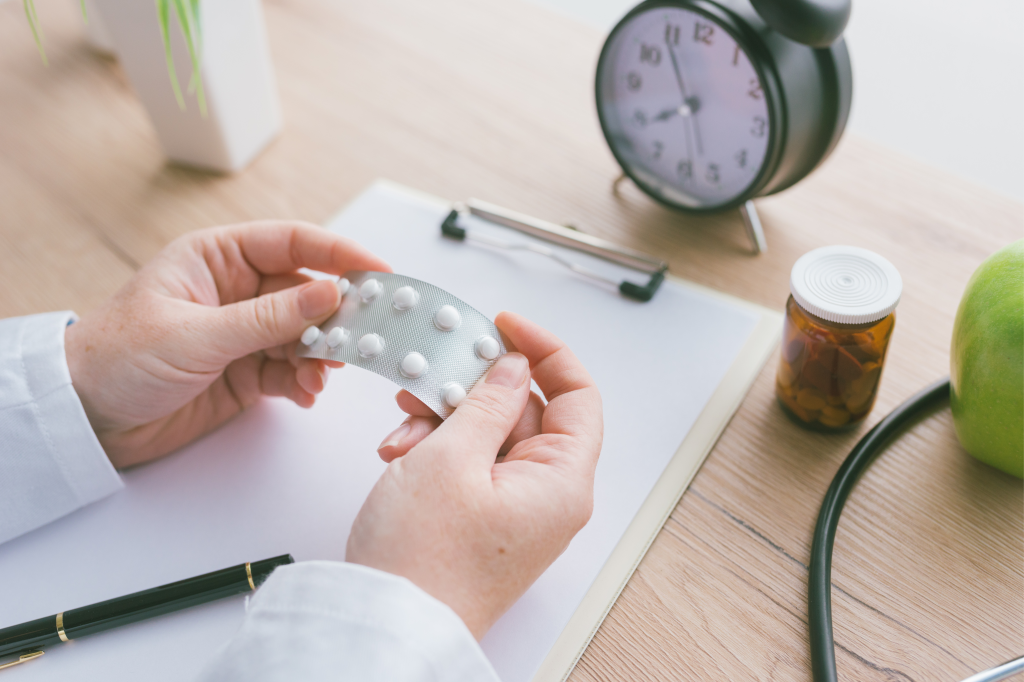Have A Question?
(949) 640-1320
1401 Avocado Ave, Suite 104 Newport Beach, CA 92660 | Current Patients: (949) 640-1320 | Fax: (949) 640-1324
Monday - Friday: 9:00am-6:00pm | Saturday: 9:00am-2:00pm | Closed Sunday & Major Holidays


